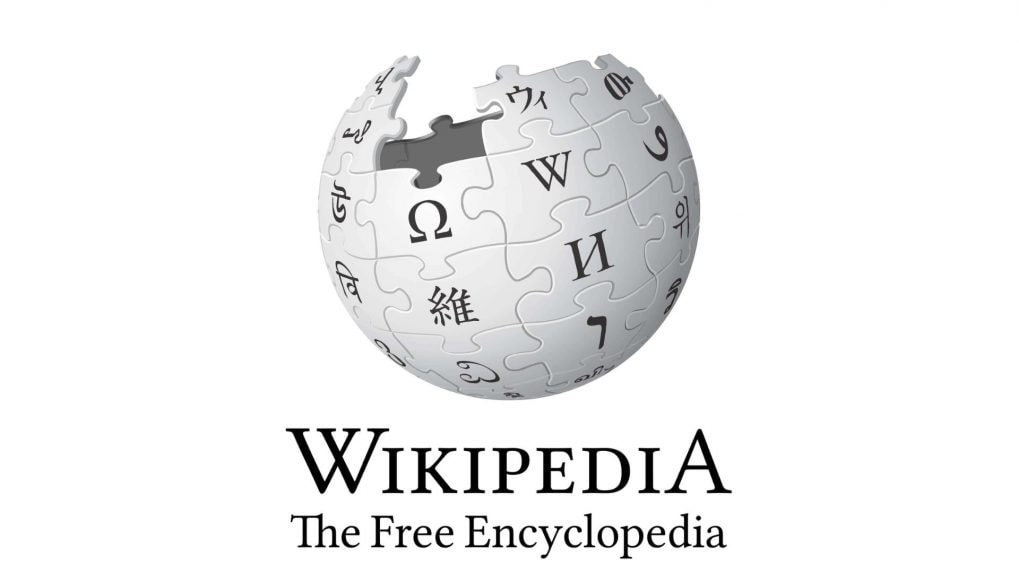Advertising
From Pink Slips to Silent Sidelining: Inside adland’s layoff and anxiety crisis

The Wikimedia Foundation, the nonprofit organization that operates the popular online encyclopedia Wikipedia, announced a new, non-negotiable plan on Monday to ensure its content remains sustainable in the age of Artificial Intelligence (AI).
In a new blog post, the organization issued a clear directive to AI developers: use Wikipedia’s vast repository of knowledge “responsibly” by adopting a two-pronged approach centered on financial support and transparency.
Stop Scraping, Start Paying: The Foundation is urging companies accessing Wikipedia content at scale to transition from repeatedly scraping the live website to using its paid product, Wikimedia Enterprise. Scraping, the post notes, "severely taxes Wikipedia's servers," while the opt-in paid API allows companies efficient data access and financially supports the nonprofit's mission.
Mandatory Attribution: Generative AI developers must provide clear and proper attribution to Wikipedia, thereby giving credit to the human volunteer contributors whose content forms the basis of AI outputs.
The move comes as Wikipedia grapples with a significant and concerning shift in traffic patterns. The organization recently revealed that while its servers saw unusually high activity in May and June, this traffic was not from readers but from sophisticated AI bots attempting to "evade detection." After updating its bot-detection systems, the Foundation found that genuine "human page views" had declined by 8% year-over-year.
The Wikimedia Foundation warned that this erosion of human engagement poses an existential threat to its model. "With fewer visits to Wikipedia, fewer volunteers may grow and enrich the content, and fewer individual donors may support this work," the post stated, emphasizing that transparency is crucial for public trust in online information.
While the Foundation did not threaten legal action against web scrapers, the guidelines clearly outline the necessary framework for commercial entities benefiting from the community-built encyclopedia.
This commercial strategy complements the organization's previously announced internal AI roadmap, which focuses on using AI tools to assist, not replace, its volunteer editors in workflows such as automating translations and handling tedious tasks.
From purpose-driven work and narrative-rich brand films to AI-enabled ideas and creator-led collaborations, the awards reflect the full spectrum of modern creativity.
Read MoreLooking ahead to the close of 2025 and into 2026, Sorrell sees technology platforms as the clear winners. He described them as “nation states in their own right”, with market capitalisations that exceed the GDPs of many countries.